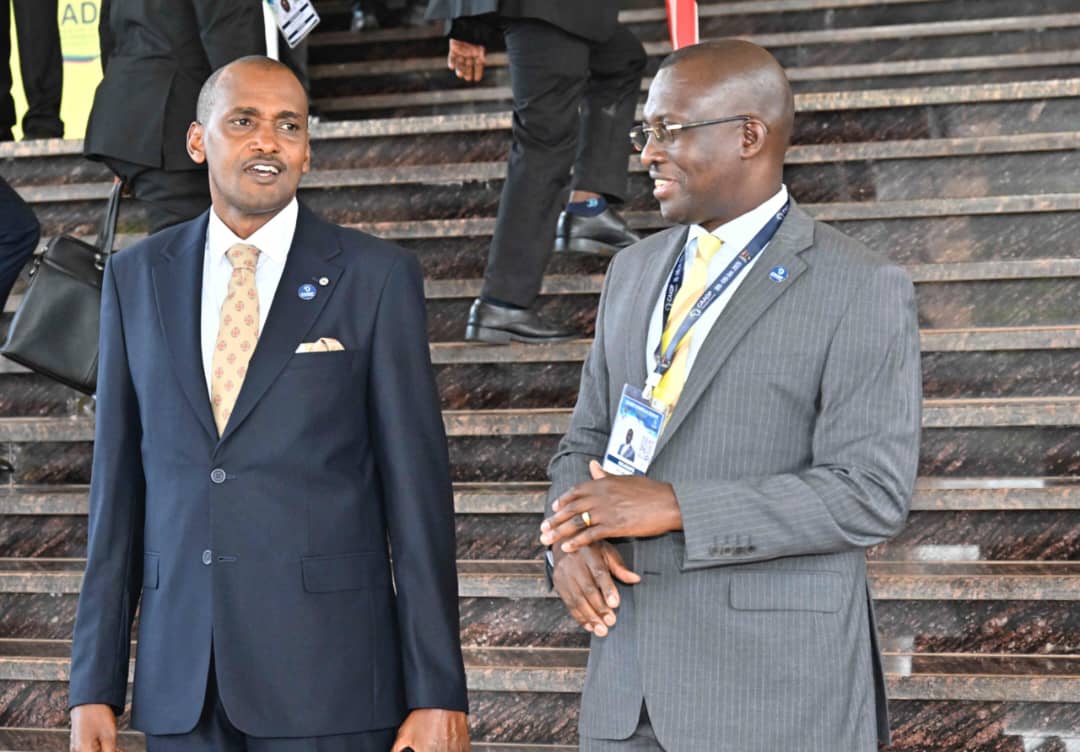KAMPALA — In a bid to break its crippling reliance on imported food, Africa is embarking on an ambitious plan to unlock its vast agricultural potential. The continent’s leaders, gathered in Kampala, Uganda, are confronting the stark reality of a $68 billion annual food import bill – and vowing to transform the sector into a powerful engine of economic growth.
According to Uganda’s Minister of State for Foreign Affairs/Regional Affairs, John Mulimba, Africa’s agricultural sector is ripe for transformation. “Africa accounts for 65% of the world’s uncultivated arable land, yet we spend almost $68 billion annually on importing agricultural products,” Mulimba noted.
To revitalize the sector, Mulimba emphasized the need for targeted investments in rural infrastructure, improved weather forecasting, and cooperative development. He also underscored the importance of establishing a robust manufacturing sector that adds value to Africa’s primary products, thereby creating jobs and driving economic growth.

“Africa’s agricultural sector has the potential to drive economic growth, but we need to invest in it,” Mulimba said. “We need to add value to our products, create jobs and drive economic transformation.”
African Union Commission Deputy Chairperson, Dr. Monique Nsanzabaganwa, shared Mulimba’s optimism, citing Africa’s potential to become a global agricultural powerhouse. “With 60% of the world’s uncultivated arable land, abundant water, diverse climates, and a dynamic youth population, Africa has the potential to become a global breadbasket,” she said.
However, Nsanzabaganwa acknowledged that the continent must first overcome significant obstacles, including limited financing, inadequate infrastructure, climate change, and slow adoption of modern technologies. “It is imperative that we address these challenges head-on and work together to create a resilient and sustainable agrifood system,” she added.

The African Union’s Comprehensive Africa Agriculture Development Programme (CAADP) has devised a new strategy to address these challenges. The plan aims to achieve several key objectives, including developing resilient and sustainable agricultural systems, expanding trade within Africa, creating employment opportunities for young people and women, and ensuring food security for 2.5 billion Africans by 2050.
Uganda’s Minister of Agriculture, Frank K. Tumwebaze, urged swift implementation of the CAADP strategy, encouraging his counterparts to integrate the plan into their national development agendas. “We have little time remaining to achieve the targets we set ourselves in the African Union Agenda 2063,” he said. “It is only through execution of these ideas that we can have a meaningful impact on our people.”
The summit is expected to culminate in the adoption of the Kampala Declaration, outlining Africa’s commitment to transforming its agricultural sector. The declaration’s outcomes will inform the upcoming Heads of State and Government summit.
Do you have a story in your community or an opinion to share with us: Email us at editorial@watchdoguganda.com













